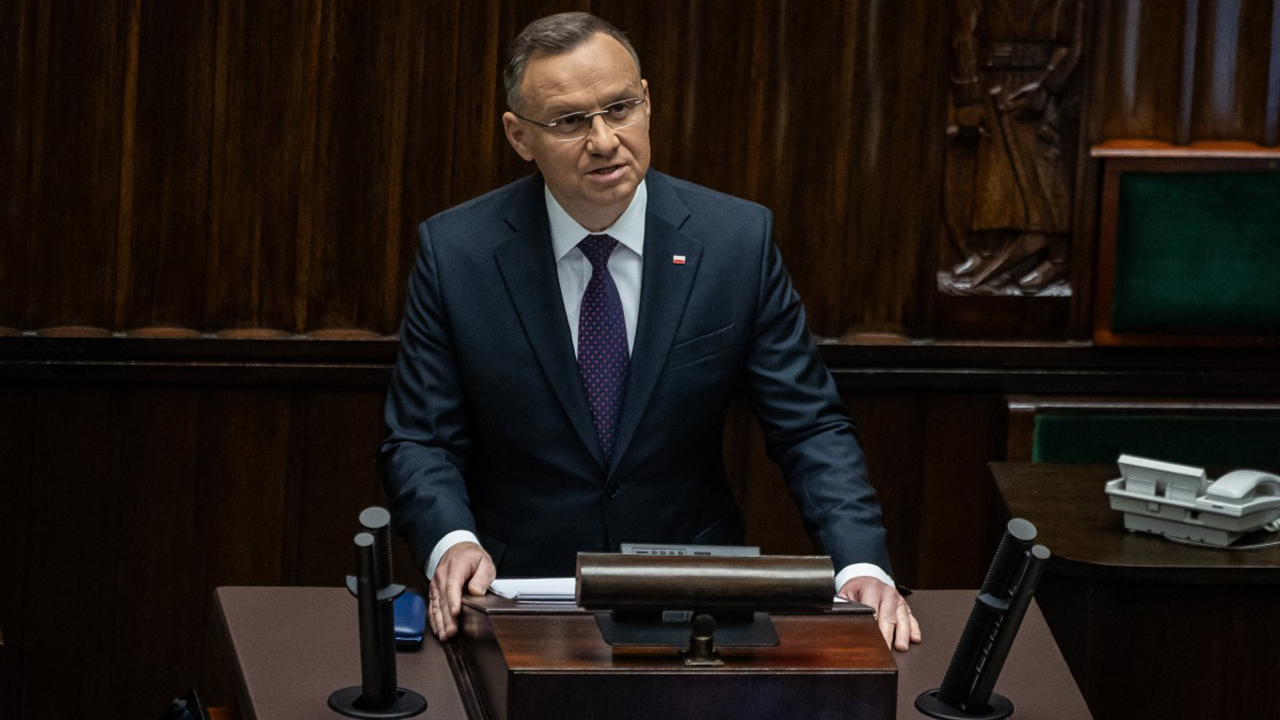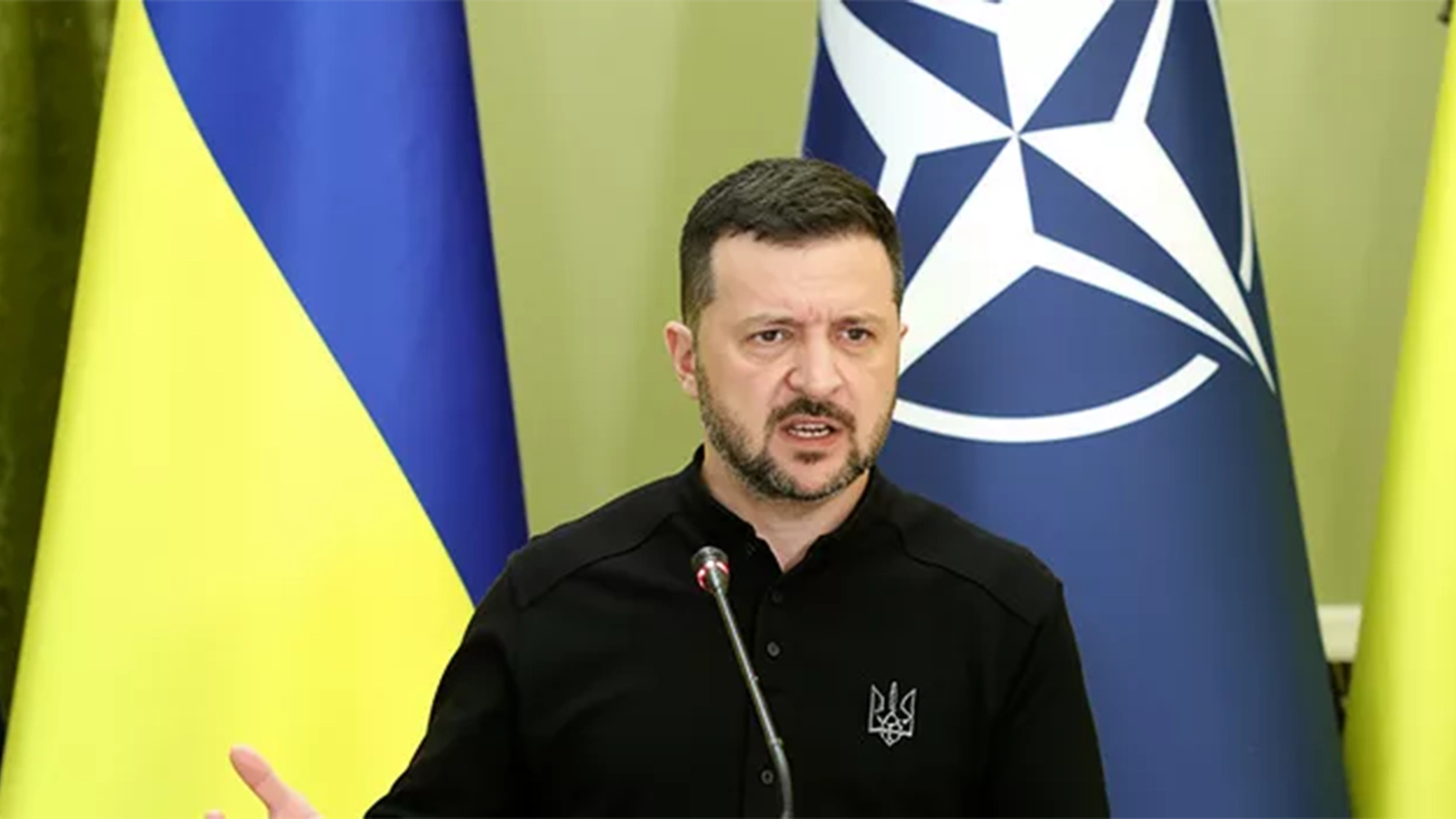
Poland’s new parliament opened Monday for its first session after elections, as both the ruling populists and the liberal opposition bid to form the next government.
The ruling Law and Justice (PiS) party won the largest number of seats in October’s vote, though short of a majority. Even so, President Andrzej Duda has given it first crack at forming a new government, which the analysts say it has no chance of doing.
In his opening speech before the parliament, Duda declared “readiness” to cooperate with the new lawmakers but praised the PiS allies for “eight good years” they had spent in power.
Three pro-EU parties led by former prime minister and European Council president Donald Tusk won enough to form a majority and are gearing up to form a government, though they first will have to wait for PiS’s efforts to fail.
“This is an unprecedented situation in more than 30 years of the history of democratic Poland,” said Stanislaw Mocek, a sociologist and president of the Collegium Civitas university in Warsaw.
“The first votes on Monday will show the real balance of power in the new legislature,” he said.
PiS holds 194 out of 460 seats in the lower chamber, compared to 248 seats for the pro-EU opposition.
‘Destined to fail’
At the inaugural parliamentary session at 12:00 pm (1100 GMT), Prime Minister Mateusz Morawiecki will dissolve the government, which will stay on in an interim capacity.
The newly-elected MPs will also select the leadership of the lower house — a first test of strength for the current opposition.
PiS has said it will “do everything” to be able to form a new government within the constitutionally allocated 14 days and then for that government to pass a vote of confidence within 14 days after that.
“This mission is seen as destined to fail,” Mocek said.
He said PiS was just “playing for time” to receive additional financing, put their people in key posts and “ensure a soft landing” when it goes into opposition.
Jaroslaw Kuisz, a political analyst, said PiS could simply “wait” for its next chance.
“While waiting, it could put a spanner in the works every time it can” and “sow discord between allies” in the pro-EU coalition likely to form the next government.
The leaders of the three pro-EU parties signed a formal coalition agreement on Friday to serve as a “roadmap” for the alliance once it comes to power.
“We really wanted Polish women and men… to see that we are ready to take responsibility for our homeland and for the coming years,” Tusk said.
Wlodzimierz Czarzasty, a co-leader of the Left party, one of the three parties, said “the most important thing now is to make Poland tolerant, open, law-abiding, responsible”, calling for Warsaw to have a “strong place” within the European Union.
The agreement presents the coalition’s position on key issues like the economic and environmental management of the country, rebuilding good relations with the EU, reforming state media, separation of Church and State, and abortion.
If Morawiecki fails to form a government, the next candidate would be nominated by the parliament.
Analysts estimate that the current opposition would only be able to take power from mid-December.






